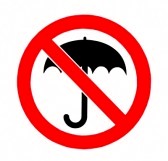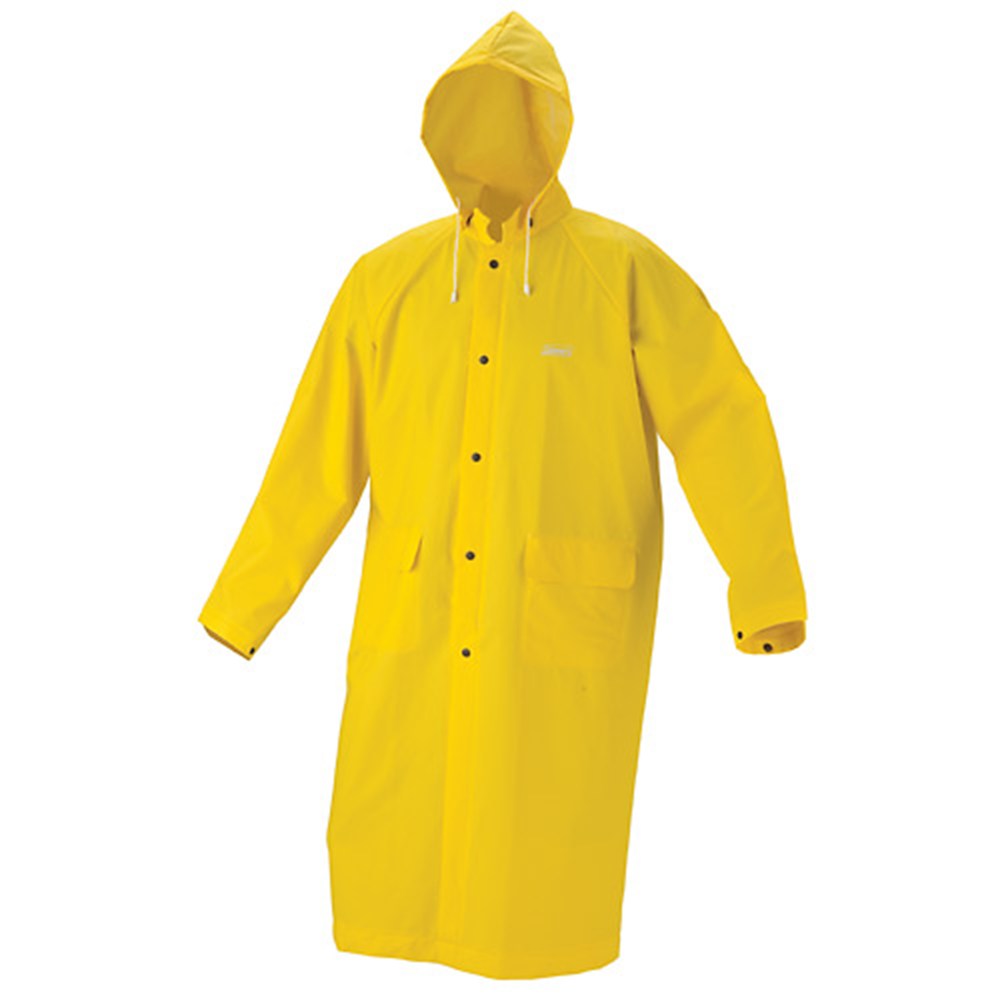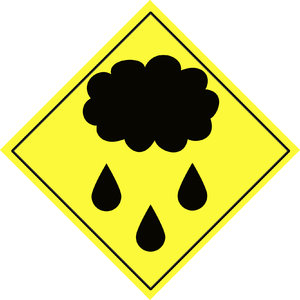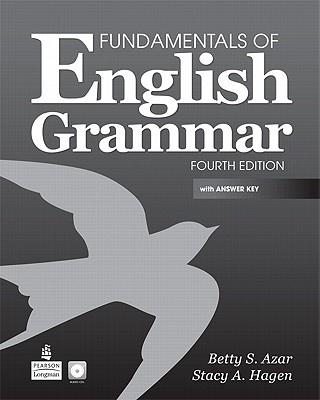


USING CONJUNCTIONS
Black Azar Units
Connecting Ideas
Copyright © 2012 by Albert • All Rights reserved • • Designed by AlbertEnglish.com with the exception of some banners and buttons
Grammar
Grammar
Grammar
8
When should we use which conjunction?
•
Using and to combine sentences simply connects two sentences. This connection has no special meaning.
•
Using but to combine sentences indicates that two ideas are opposing each other. Therefore, either S¹ or S² must contain not.
•
Using or to combine sentences indicates that there are two or more choices.
•
Using so to combine sentences means that S¹ caused S² to happen.
•
Using because indicates that S¹ caused S² to happen or that S² caused S¹ to happen. Because must be placed in front of the cause.
•
Using even though/although indicates that something unexpected happened after the cause, which holds a meaning opposite of one's expectations. It follows the same rules as because.
AND OR
SO BUT
SO BUT
Do NOT begin a sentence with and, but, or, & so.
SO → Therefore, S + VP.
BUT → However, S + VP.
AND → In addition/Additionally, S + VP.
OR → Alternatively, S + VP.
BUT → However, S + VP.
AND → In addition/Additionally, S + VP.
OR → Alternatively, S + VP.
Be careful to use aux/modals, not, and tense correctly with conjunctions.
It may be helpful to review the modal auxiliaries section in chapter 7.







AND
OR








BECAUSE
SO
BUT
BECAUSE


EVEN THOUGH
EVEN THOUGH
I didn't bring an umbrella even though it is raining.
Even though it is raining, I didn't bring an umbrella.
I brought an umbrella because it is raining.
It is raining, but I didn't bring an umbrella.
Because it is raining, I should bring an umbrella.
It is raining, so I brought an umbrella.
Should I bring an umbrella, or should I wear a raincoat?
It is raining, and I have to drive to school.
Fundamentals of English
Grammar
Unit 1
Present Time
Unit 2
Past Time
Unit 3
Future Time
Unit 4
Present Perfect & Past Perfect
Unit 5
Asking Questions
Unit 6
Nouns & Pronouns
Unit 11
Count/Noncount Nouns & Articles















